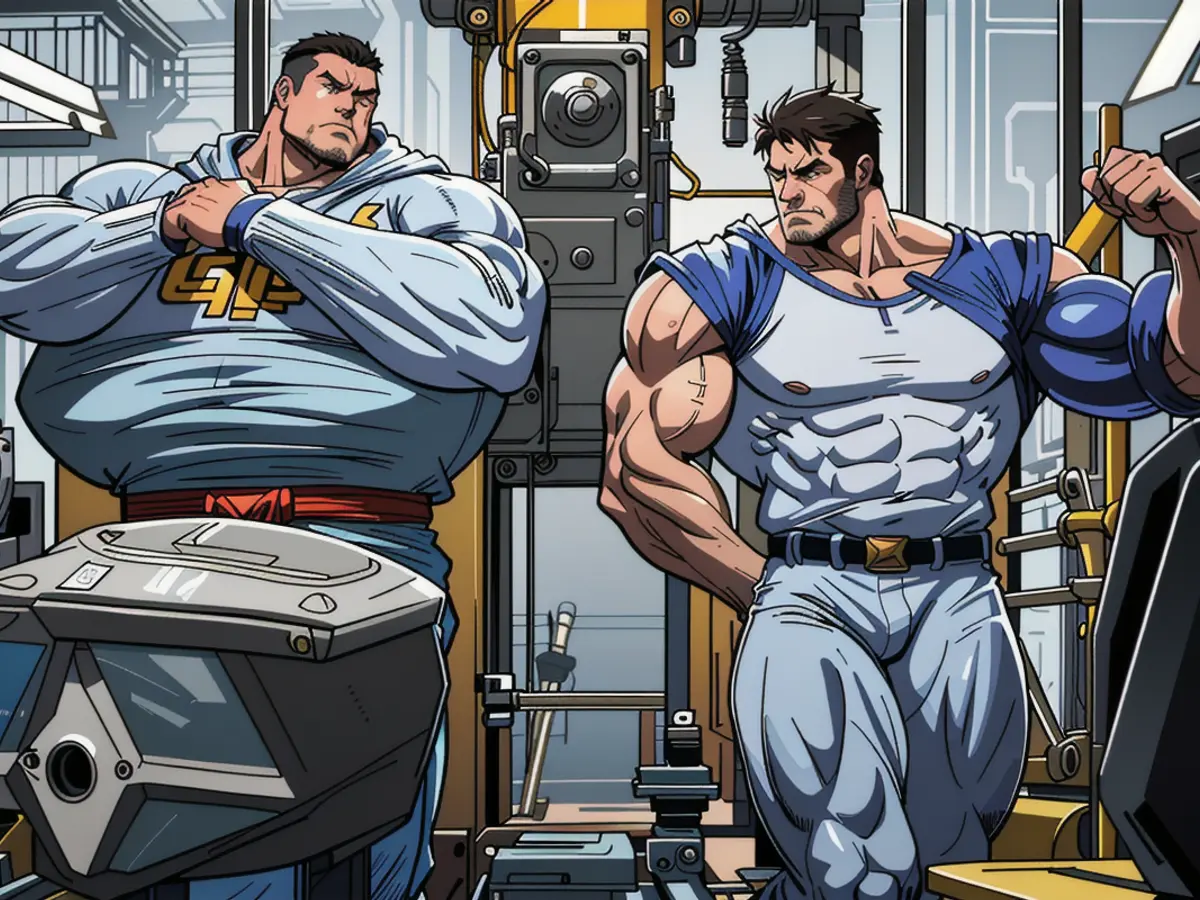Construction industry professionals are striving to avert more significant layoffs. - Engineers specializing in mechanics seek to prevent substantial layoffs
In the face of a struggling economy, a segment of Germany's machinery industry isn't sweating it too hard. Confident vibes resonate from this sector, even when navigating business with the U.S.A. Unfazed by mounting economic risks, the German machinery industry isn't anticipating drastic layoffs in the near future. Bertram Kawlath, president of the Association of German Machinery and Plant Manufacturers (VDMA), expressed optimism to the "Augsburger Allgemeinen," stating, "We hope for our industry that there will only be a minor reduction in jobs this year and that we can sustain our workforce numbers amidst challenging times."
Small to medium-sized companies within this sector are pulling out all the stops to safeguard their core workforce, explains Kawlath. These entrepreneurs understand that their well-oiled teams will be invaluable when the economy rebounds.
The industry keeps a keen eye on Trump's trade threats, taking a firm stance. "We're keeping tabs on Trump's tactics from a robust position," says Kawlath. "Our companies produce goods that companies can't source from American competitors. If Trump wants companies to ramp up investment in the U.S., they'll need to buy machinery from German manufacturers."
Germany's machinery industry isn't pushing panic buttons. Despite the challenges, it's staying focused on innovation and cost reduction to close the competitiveness gap with the U.S. and China. However, there are concerns about tariffs imposed on European steel, which could redirect trade flows away from North America towards Europe, further squeezing the German economy.
The VDMA has rung the alarm bells over tariffs on Canada and Mexico, as many companies have built their supply chains within the USMCA free trade zone. Substantial investments have been made in machinery and equipment production in the U.S. and Mexico.
Government intervention is crucial, with the VDMA advocating for measures to protect the domestic market and address disproportionate regulation and excessive costs.
In conclusion, Germany's machinery industry is tackling economic challenges and potential trade threats by pushing for structural reforms, cost reduction, and innovation acceleration. The sector also calls for government support to counteract the impacts of trade threats and regulatory burdens.
In light of the Economic and monetary union's challenges, Bertram Kawlath, the president of VDMA, expressed optimism about minor job reductions in the machinery industry this year. To safeguard their core workforce, small and medium-sized companies are focusing on their well-oiled teams, as they believe they will be vital during the economic rebound. Furthermore, Kawlath mentioned that the industry is monitoring Trump's trade threats, emphasizing that German manufacturers provide goods that American competitors cannot source, potentially leading to increased investment in the US if tariffs are implemented.








